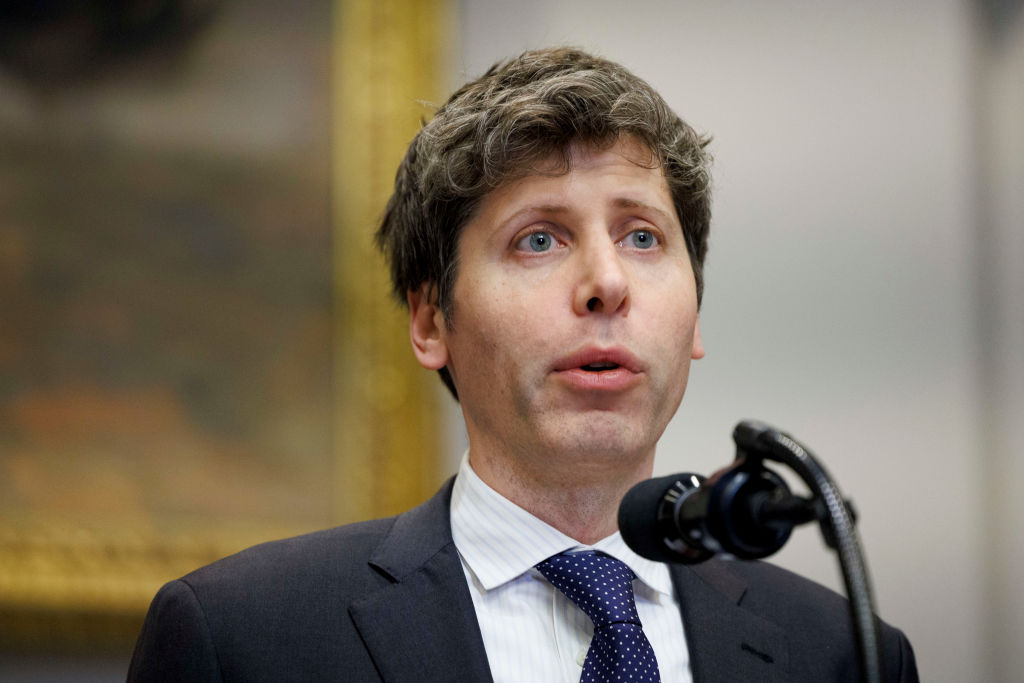OpenAI has revealed concerning statistics indicating that over one million weekly interactions with ChatGPT involve users discussing mental health challenges, including explicit suicidal thoughts. This accounts for approximately 0.15% of ChatGPT’s 800 million weekly active users, highlighting a significant mental health issue among its user base.
In a recent update, the company noted that this percentage also reflects users exhibiting emotional attachment to ChatGPT, with hundreds of thousands showing signs of psychosis or mania. Although OpenAI insists these discussions are “extremely rare,” they acknowledge that the issues affect a substantial number of individuals weekly.
These findings are part of OpenAI’s broader efforts to enhance the chatbot’s responses to users facing mental health crises. The company consulted with over 170 mental health professionals to ensure that its latest model demonstrates more appropriate interactions compared to earlier versions.
Concerns over the impact of AI on mental health have been mounting, as researchers have documented instances where chatbots may inadvertently reinforce harmful beliefs. This scrutiny has become increasingly relevant for OpenAI, especially following a lawsuit filed by the parents of a teenager who disclosed suicidal thoughts to ChatGPT before his tragic death. Additionally, state attorneys general from California and Delaware have cautioned OpenAI to prioritize the safety of younger users.
OpenAI’s CEO, Sam Altman, recently claimed progress in addressing serious mental health issues within ChatGPT, stating that the updated GPT-5 model is about 65% more effective at responding appropriately to such conversations. In evaluations concerning suicide-related dialogues, the new model achieved a 91% compliance rate with the desired behavioral standards, up from 77% in the previous version.
To bolster user safety, OpenAI is implementing a series of new assessments focused on serious mental health concerns and introducing enhanced parental controls, including an age prediction system to safeguard younger users.
Despite these advancements, challenges remain. While GPT-5 appears to be a step forward in ensuring user safety, some responses are still categorized as “undesirable.” Furthermore, OpenAI continues to offer older models, including GPT-4o, which raises questions about the ongoing mental health challenges associated with AI interactions.







